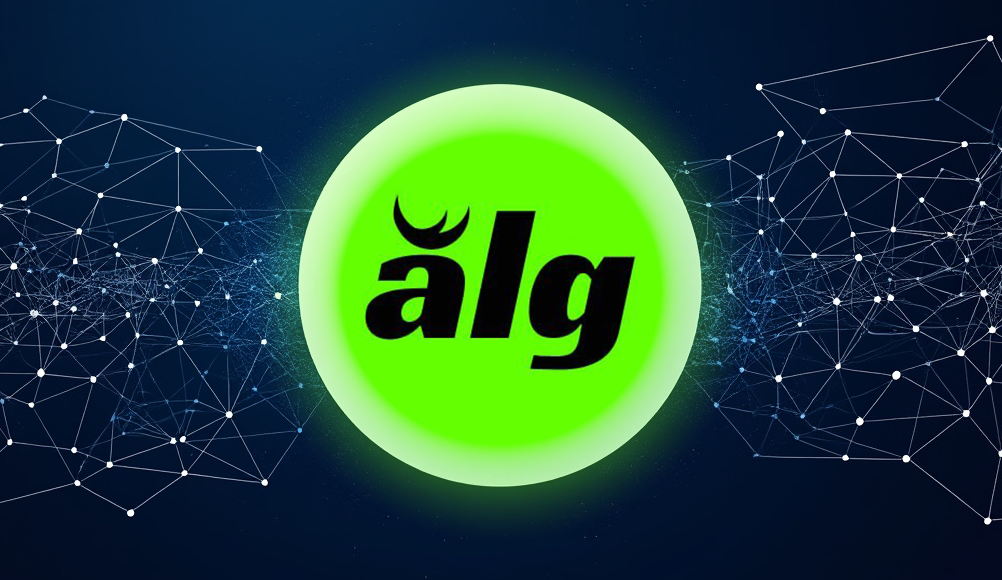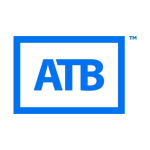
ALGEN: Innovations in Cross-Chain Interoperability and Automated Governance
Since its inception, blockchain technology has carried the promise of transforming global information and financial systems. However, as blockchain has evolved, mainstream platforms like Bitcoin and Ethereum, despite their advancements in decentralisation and security, continue to face significant challenges in scalability and interoperability. The lack of seamless communication between different chains restricts the transfer of assets, data, and applications, hindering the overall growth of blockchain networks. Furthermore, on-chain governance remains complex and opaque, failing to effectively engage community participation while struggling to balance efficiency with fairness.
In response to these challenges, ALGEN, a blockchain project with a fresh design, introduces a groundbreaking solution. By combining cross-chain technology with automated governance, ALGEN aims to dismantle the siloed nature of blockchain ecosystems, creating a network of interconnected chains. Simultaneously, it leverages decentralised, dynamic governance mechanisms to establish a governance model that balances efficiency with security. This approach not only addresses core blockchain pain points but also opens new possibilities for the Web3.0 ecosystem.
ALGEN’s Vision and Core Concept
ALGEN’s fundamental vision is inspired by Ted Nelson’s Xanadu project, which championed the ideals of free and transparent information flow. Building on these principles, ALGEN seeks to develop a more efficient and decentralised blockchain network. With this foundation, ALGEN not only emphasises traceability and security but also aims to solve one of the most pressing issues in blockchain today: the paradox of consensus and efficiency. In mainstream blockchains like Bitcoin and Ethereum, decentralised consensus mechanisms provide high levels of security but at the cost of transaction processing speed (TPS). While Ethereum has introduced scalability solutions such as Rollups, these technologies face inherent limitations and cannot fully resolve the trade-offs between scalability and cost. ALGEN, by integrating AI with blockchain, seeks to overcome these challenges, using intelligent processes to boost transaction efficiency while maintaining decentralisation, fairness, and security, laying a solid foundation for the application scenarios of the Web3.0 era.
ALGEN’s Innovative Solutions: Cross-Chain Interoperability and Automated Governance
- Innovations in Cross-Chain Technology
One of the major obstacles in today’s blockchain ecosystem is the lack of interoperability, which significantly impedes the seamless transfer of assets, information, and services. Networks like Bitcoin, Ethereum, and Polkadot operate independently, making it difficult for users to move assets across chains or interact with decentralised applications that span multiple networks. This “blockchain island” effect not only limits the practical use of blockchain but also hampers the expansion of decentralised ecosystems.
ALGEN seeks to overcome this challenge through its unique cross-chain architecture. Unlike existing solutions such as Cosmos and Polkadot, ALGEN’s Layer 0 infrastructure is designed to support not just native chains but also mainstream blockchains like Bitcoin and Ethereum. By leveraging relay chains and light client technology, ALGEN facilitates efficient communication and verification between different chains, eliminating the complexity and resource drain typical of cross-chain transactions. This enables ALGEN to provide a seamless cross-chain experience, allowing assets to flow freely between networks and making true cross-chain interoperability a reality.
- Implementation of Automated Governance
In terms of governance, ALGEN introduces an innovative automated mechanism to ensure decentralised yet efficient network management. Using the Delegated Proof of Stake (DPoS) consensus mechanism, ALGEN enhances on-chain governance without compromising security. Specifically, ALGEN employs a Verifiable Random Function (VRF)-based node selection mechanism, ensuring that the arrangement of validation nodes is both random and verifiable, effectively preventing collusion among malicious nodes.
To encourage active participation in governance, ALGEN provides a diverse range of rewards for node operators, including staking returns and service fees. This incentive structure not only promotes node engagement but also increases transparency and security across the network. Furthermore, ALGEN’s governance model aligns closely with the principles of Decentralised Autonomous Organisations (DAOs), which have gained significant traction globally as a central framework for community-led decision-making. By incorporating a proposal and voting mechanism on-chain, ALGEN ensures broad community involvement and fair management, laying the groundwork for the continued growth of DAOs.
- The Advantages of Combining Cross-Chain and Governance
By integrating cross-chain technology with automated governance, ALGEN achieves both efficiency and security. Its cross-chain solution addresses the interoperability challenge, ensuring smooth communication between blockchains while avoiding the performance bottlenecks of single-chain overloads. Meanwhile, ALGEN’s automated governance mechanism guarantees the decentralised nature of the network while maintaining the security and transparency of the entire system.
A prime example of this is ALGEN’s MICO protocol for cross-chain stablecoin swaps. By utilising an aggregator and cross-chain pools, MICO enables stablecoin swaps across multiple public chains and Layer 2 networks. This protocol offers users a fast, gas-free, and secure cross-chain trading experience, significantly improving the efficiency of cross-chain asset transfers and showcasing ALGEN’s leadership in cross-chain technology.
ALGEN’s Other Innovations and Application Scenarios
- Applications in GameFi and the Metaverse
GameFi and the Metaverse are rapidly emerging as key areas in the digital economy, representing the convergence of virtual worlds and real economies. ALGEN’s efficient cross-chain architecture and automated governance provide a robust foundation for the development of GameFi and Metaverse ecosystems.
ALGEN’s blockchain architecture supports high TPS and low transaction costs, both of which are crucial for GameFi applications, where frequent microtransactions are the norm. In blockchain-based games, players need to trade items, mint NFTs, and transfer assets across chains regularly. ALGEN’s technical design accommodates these demands, ensuring that in-game actions are fast and cost-efficient. Furthermore, ALGEN’s support for cross-chain NFT interoperability allows users to easily manage and exchange NFTs across different blockchain platforms, greatly enhancing the liquidity of virtual assets within the Metaverse.
In the broader Metaverse, ALGEN’s cross-chain technology facilitates seamless connections between virtual worlds. Assets, identities, and data can flow freely between different Metaverse environments, breaking down the barriers of isolated virtual ecosystems. In addition to providing secure storage and trading channels for virtual assets, ALGEN’s smart contract capabilities enable the automation of virtual economies, fostering the growth of a thriving Metaverse economy.
- Decentralised Identity (DID) and Authentication
As global privacy regulations become stricter, ensuring user privacy is a critical challenge for the future of decentralised applications. In response, ALGEN offers an innovative solution: VoiceDID.
VoiceDID is a decentralised identity verification technology based on voice recognition, creating a unique identity for each user based on their voice characteristics. Unlike many current DID solutions that rely on public-private key pairs or biometric data such as facial or fingerprint recognition, VoiceDID avoids collecting sensitive personal information that could raise privacy concerns. ALGEN’s VoiceDID system allows users to authenticate their identity securely using their voice, which is both convenient and non-invasive, significantly reducing the risk of privacy breaches.
VoiceDID is highly adaptable to current global privacy protection regulations. It complies with frameworks such as GDPR, ensuring that users retain full control over their identity data, while blockchain technology guarantees the immutability and traceability of this information. This innovation is not only applicable in virtual economies such as gaming and the Metaverse but also in identity-sensitive fields like social networks, e-government, and financial applications, positioning VoiceDID as a promising decentralised identity solution.
ALGEN demonstrates significant advantages in blockchain technology, particularly in its innovations around cross-chain interoperability and automated governance. By addressing the lack of communication between blockchains, ALGEN provides efficient and secure solutions for the free flow of assets and information. At the same time, its automated governance mechanisms enhance network management with greater transparency and decentralisation, increasing both user engagement and network stability. These breakthroughs not only enhance the practical utility of blockchain but also open new possibilities for a more interconnected decentralised ecosystem.
In an increasingly complex and diverse blockchain environment, ALGEN’s cross-chain and governance technologies offer wide-ranging support for virtual economies and digital applications. Whether in GameFi, the Metaverse, or decentralised identity verification, ALGEN is well-positioned to drive the growth and development of these emerging sectors, providing robust technical support for the future of the digital economy.












